Beautiful teeth are always great! However, to get them, you must carefully monitor the condition of the oral cavity. Dentists help, in other words, dentists. Medicine has stepped far forward, and doctors have at hand many tools that can make the treatment painless. But in modern society there are many people who are afraid of dentists before a panic. This condition is called dentophobia.
Phobia Description
Research by sociologists suggests that most people on our planet are afraid of dentists. This is a completely natural fear, since dental treatment is associated with nerve removal. And this is not a very pleasant procedure. In addition, before starting any manipulations, the doctor makes an anesthetic injection, which is also called anesthesia. It is this moment that causes horror for many. And such people make up 30% of the total population of the earth.
Every third resident for some reason does not want to visit the dental office.
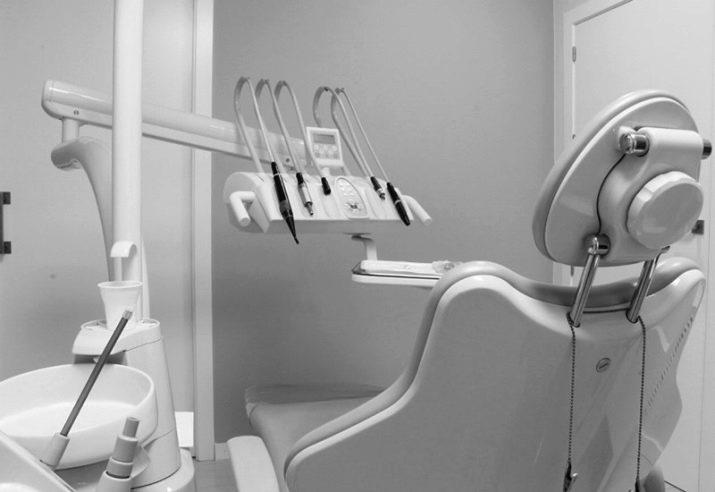
This condition is irresistible and is called dentophobia (stomatophobia, odontophobia). People who are among those who have an obsessive state and do not go to the doctor until the irreversible processes associated with tooth loss begin in the body belong to the group of dentophobes.
There are frequent cases when a person has quite a lot of pain, but he tries not to pay attention to it anyway. Bringing the situation to the point of absurdity, when a healthy tooth that could be cured turns into a zone of serious health risk, the patient decides to visit the dental office.At this point, common sense prevails, and the dentophob has a fear of losing his life, which overtakes the fear of a dentist.
A person literally forces himself to go to the clinic. The internal struggle leads to a panic state. Therefore, in front of the office where the dentists are located, the patient begins to fear even more. Then he enters the office on "cotton" legs and sits in a chair for examining the oral cavity. At this moment, he may begin a real panic attack. This will be facilitated by the environment and odors that are present in dentistry.
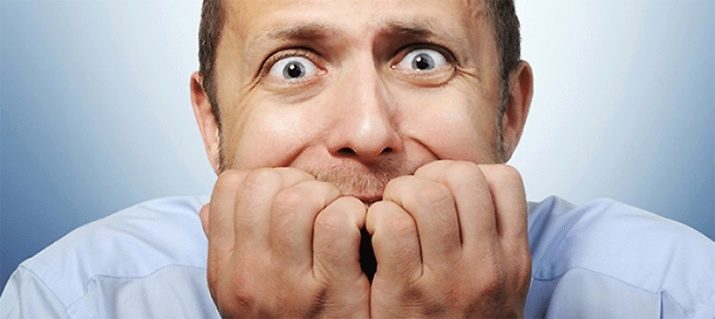
Especially this condition develops before tooth extraction. For some people, this fear is due to various reasons. The older generation was forced to treat teeth without anesthesia. Intolerable pain deep in consciousness, and now it is difficult to overcome. Among dentophobes, there are people with an increased pain threshold. This factor also affects the development of fear. In any case, if there is a phobia, then it is necessary to get to the bottom of the cause of its occurrence.
Causes of occurrence
Going to the doctor, and even more so to the dentist, is always stress. It is caused by the fact that a person is in the unknown diagnosis. When something hurts in the body, the individual is worried about the development of further events and the severity of the disease.
There is a category of people who are very afraid to remove their teeth. Each such operation is perceived as a small death or the loss of something irretrievable. Because of this, the patient experiences longing, which develops into fear. When fear appears in the patient’s mind, the brain begins to draw pictures that look one worse than the other. As a result, a person can imagine that the doctor will remove the wrong tooth or leave him completely without teeth.

Then negative fantasies acquire very large sizes, for example, such: without beautiful and white teeth, a person loses attractiveness. Further - more: to remain as before, you will have to pay a tidy sum, which will allow you to restore your previous appearance. And this is another problem that needs to be solved.
therefore it can be concluded that dentophobia is inherent in a large number of people is no coincidence. The reasons for its occurrence are many. For example, a person, while still in childhood, unsuccessfully pulled out a tooth. During the operation, it was very painful or after it there was severe inflammation. Over time, all these unpleasant moments were forgotten, but unpleasant events occurred in life that led to stress. And then the tooth started to hurt! As a result of passions, memories of an unsuccessful trip to the dentist surfaced in the human mind. All the troubles came together, and an alarming state began.

To postpone the unpleasant moment of going to the doctor, the individual began to take pain medication. But they could not remove anxiety, since a trip to the dentist was inevitable. And every day waiting for trouble only exacerbated the fear. The days of the disease affected the even greater development of phobia. As a result, the tooth was removed with complications due to the fact that the treatment process was started. So there was a persistent state of phobia, which may well end in a severe course of the disease. And she will need to be treated with the help of specialists.
Phobias can be divided into three types.
- Imaginary - It occurs in people (mainly in children) who have never been to the dentist's office, but still think that they may experience unpleasant feelings from this visit.
- Acquired - this is when a bad experience, left in the past, makes itself felt. This type is the most common.
- Congenital - The rarest type of phobia. In this case, there is a negative manifestation to absolutely all medical procedures.
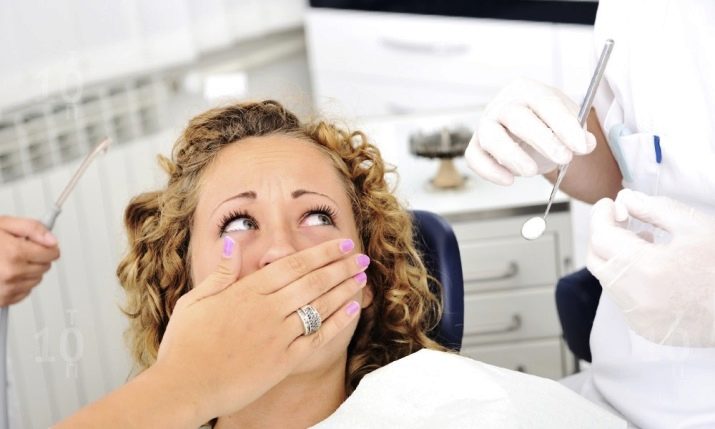
Symptoms
Symptoms are the same for all phobias.A person experiences irrational fear when he cannot really explain his origin, and also take control of his emotions. Fear comes from nowhere. Just imagination draws unpleasant stories that are very scary, and a person does not stop this state for well-known reasons. Panic attacks before going to the dentist occur long before visiting a doctor. As soon as a person finds out the exact time and date of admission, he immediately has a decadent mood.
This condition is especially tormenting when a patient prone to phobias treated teeth for a very long time.
Any sane person understands that you need to go to the doctor, and he begins to persuade himself. A positive-minded patient reassures himself that he will soon get rid of pain and this problem as a whole. Dentophobe, on the contrary, draws such plots where the whole treatment will end with new pain and new problems. Some people imagine that they will start an allergic reaction from anesthesia and die within a few minutes in the dentist’s chair. From such obsessive thoughts, a person’s condition worsens as the date of the doctor’s visit approaches.

Experienced dentists have learned to distinguish between the main signs of stomatophobia, which run counter to the simple excitement of the patient. So, we list them:
- refusal to contact a doctor;
- very strong muscle tension;
- panic anxiety;
- a person cannot control his actions and cannot perform simple movements;
- sudden headache;
- vomiting;
- violation of cardiac activity (a sharp change in pressure, respiratory failure, vascular spasms);
- frequent urination
- fainting or pre-syncope;
- increased sweating;
- discoloration of the skin.






All these symptoms indicate that the patient experiences a very strong phobia. From this condition, his entire body begins to work with failures, which lead to the onset of more serious diseases. Any doctor will say that it is necessary to get rid of these manifestations as soon as possible.
Treatment methods
You can overpower dentophobia yourself. Strong-spirited individuals and people experiencing frequent positive emotions rarely think about what they have to go through unpleasant moments. They take a visit to the doctor as a due moment, which you just need to experience without unnecessary emotions.
Others, on the contrary, begin to wind themselves up and fight with their "I". Their fears are not groundless, but now there are a lot of clinics that have changed the approach to treating people. A high-class dentist should have human qualities: in time to reassure the patient and help get rid of fear.

In order to identify the cause of fear, the dentist will certainly find contact with the patient. Trusting relationships will help overcome the problem. To overcome the fear of a doctor in children and adults, it is necessary to work on the problem in a comprehensive manner.
In this process, both the doctor and the patient should take an active part. There should be a persistent desire on the part of the patient to overcome fear, and on the part of the doctor, humanity and high professional qualities should act.
In more severe cases, specialists like a psychologist or a psychotherapist will help overcome a phobia. Psychologists work by persuasion methods, and psychotherapists use more radical measures. But before proceeding with the techniques, both specialists need to identify the cause of the fear. With the right approach, this can be done fairly quickly, and with timely treatment, the treatment period will be significantly reduced. To correct the situation using certain methods.
The psychotherapeutic method helps to understand the essence of an obsessive state and find methods of overcoming a difficult situation. It is necessary for a person to realize that the experiences associated with going to the doctor are a natural process.It must be learned to take control. To implement the recommendations will require a lot of effort both from the patient and from the specialist.

It is necessary to conduct conversations with the patient, using certain arguments. For example, to tell him that dentistry has stepped far forward, and treatment methods have changed. Now less and less people experience pain and inconvenience in dental treatment. Anesthesia has become less dangerous and more effective.
If the situation has become more severe, then it is necessary to include a dentist, and even a psychotherapist, in the process of eliminating phobia. The dentist should make the patient experience as little pain as possible. It is enough to treat the injection site with an anesthetic solution, and the injection will become less sensitive. In addition, today there is anesthesia, which is provided using a computer device.
The therapist will offer many methods related to both beliefs and drug treatment. If the patient has a persistent fear of visiting a dentist, then sedation is used, which consists in taking sedatives or stabilizing agents. In more severe cases, antidepressants are prescribed to the patient. They help restore the active production and regulation of serotonin metabolism in the brain. As a result, anxiety decreases and a steady state of rest sets in.

It must be remembered that only a specialist with a diploma can treat dentophobia with medication. Self-medication is contraindicated. Taking pills without a special purpose is dangerous for health and life, because their overdose leads to tragic consequences.
Useful Tips
Before proceeding with useful tips, you need to know that previously people who suffered from stomatophobia were refused a number of procedures. Prosthetics was not recommended for those who could not overcome their fear of pain. As a result, people remained toothless for the rest of their lives. With the advent of modern anesthesia and the expansion of dental services, this problem has been eliminated.
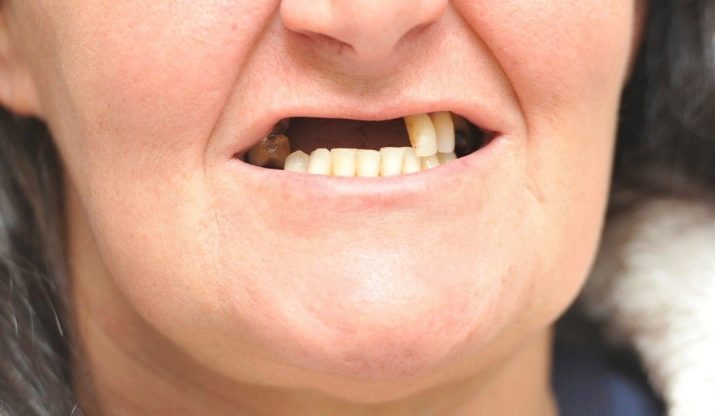
However, studies have shown that out of a hundred people, approximately 2% have never visited a dentist, and every tenth patient is anxious when visiting a dentist. Women are most prone to stomatophobia.
You need to know that taking sedatives and alcohol significantly reduces the effectiveness of anesthesia. Therefore, before visiting the dentist, you should refuse to take the above funds.
In order not to be afraid of visiting a dentist, you must listen to the following recommendations.
- Choose only trusted and highly skilled professionals. Then your trip to the doctor will not be complicated by unnecessary worries and pain.
- The dentist's office should inspire calm. A good specialist will exclude a large queue where people with unstable psyche will be. A large crowd of people is always alarming.
- It must be remembered that dental treatment is your beautiful smile and good health.
- If your doctor takes his work responsibly and you are satisfied with his work, then visit only him.
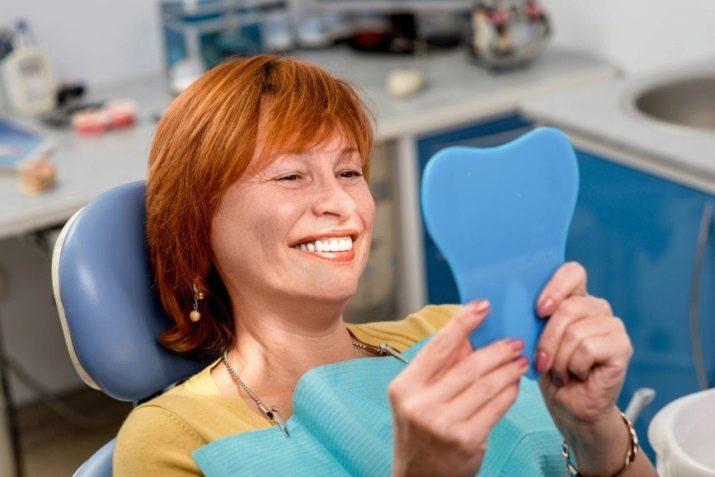
Simple tips will help you maintain peace of mind. You will cease to feel anxious. And, perhaps, you completely forget about your unfounded fears.
For more information on how to overcome dentophobia, see the next video.











